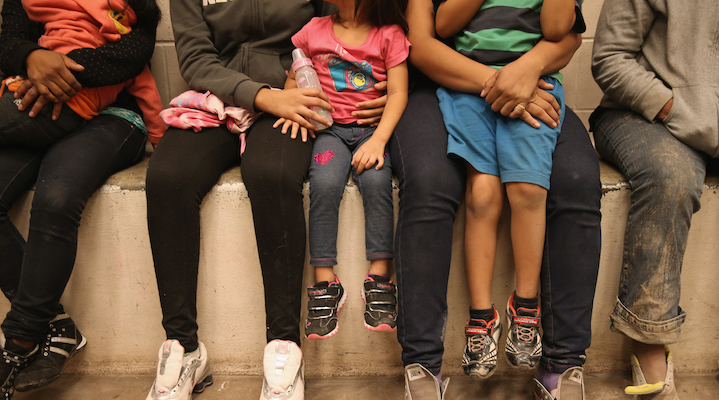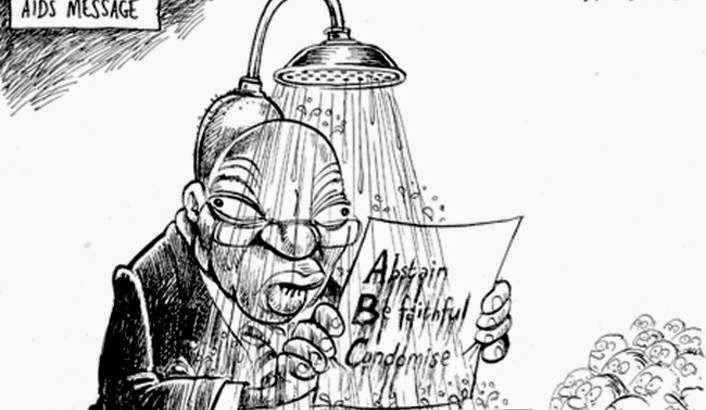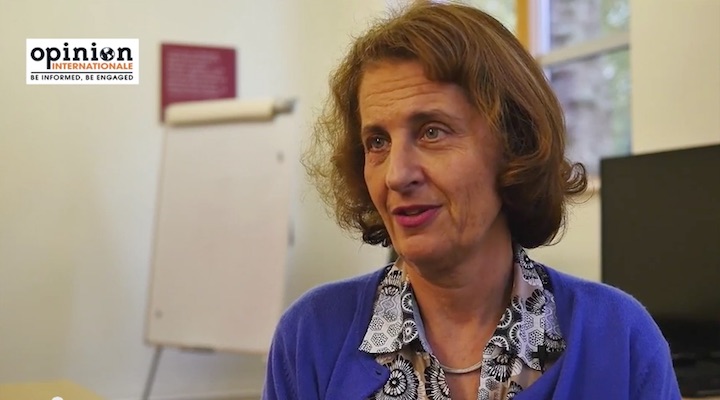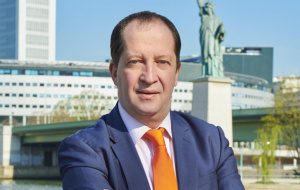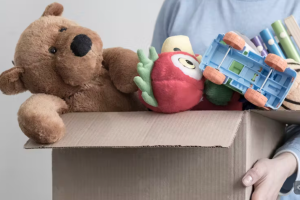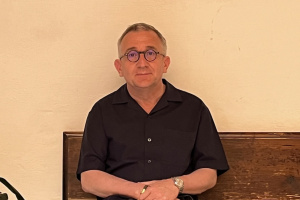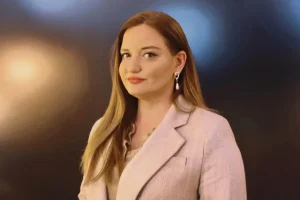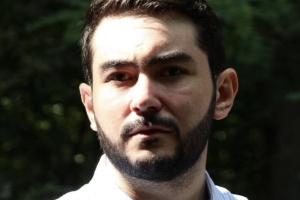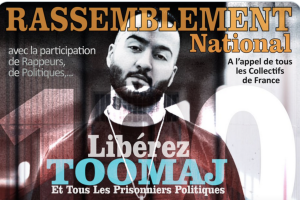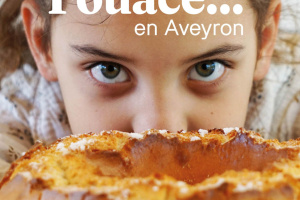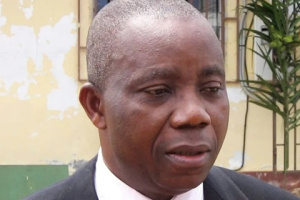20 November 2014 – By Tricia Young, Director of the child rights charity Child to Child.
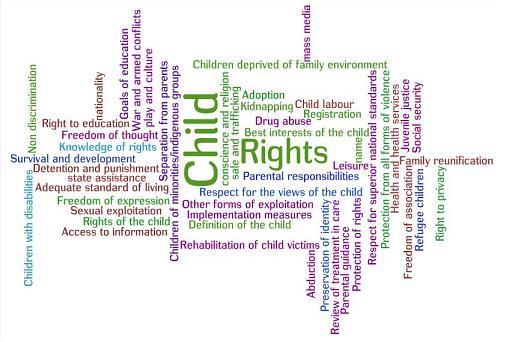 Today we are celebrating the 25th anniversary of the United Nations Convention on the Rights of the Child (UNCRC). Although there are undoubtedly numerous significant achievements to celebrate, unfortunately the reality for most children is that they still lack the opportunity to express their opinion and play a meaningful role in issues which affect them.
Today we are celebrating the 25th anniversary of the United Nations Convention on the Rights of the Child (UNCRC). Although there are undoubtedly numerous significant achievements to celebrate, unfortunately the reality for most children is that they still lack the opportunity to express their opinion and play a meaningful role in issues which affect them.
On 20th November 1989, the international community agreed to work for the realisation of children’s rights – among others, the right to education, to health, to protection and the right to participate. Recognising children’s fundamental entitlement to rights has been a critical step for building a fairer and more just society.
Whilst great progress has been made towards realising children’s rights to services such as education, health and protection, unfortunately little headway has been made in universally realising their right to participate: to be listened to and taken seriously.
In 2013, Prof. Jean Zermatten, former Chairperson of the UN Committee of the UN Committee on the Rights of the Child and leading international child rights lawyer and advocate described the battle to achieve children’s participation as the next cultural frontier, comparing it to the fight for women’s emancipation.
The right of children to participate is indisputable
Children’s voices should be heard anywhere where their development, safety and well being are at stake. It is their fundamental right. In addition, participation delivers significant benefits. Only through listening to children can the best decisions be made, improving outcomes for both children and adults.
Critically, participation helps children to develop the skills they need to become active citizens able to contribute positively to the societies they live in.
Whilst there are undeniably pockets of good ‘participatory’ practice, there is much more to be done to mainstream children’s participation to ensure that all children are able to realise their right to be heard and taken seriously.
Numerous barriers to child participation still exist
Many children around the world are marginalised, ignored or abused. Despite near universal ratification of the UNCRC, many governments have failed to develop the legal and policy frameworks that would enable meaningful implementation of Article 12 of the UNCRC, the Article commonly understood to enshrine children’s right to participate.
Adults often do not recognise nor support children’s rights to participate and consequently they are excluded from decision-making. Cultural attitudes may mean that children are not recognised as having useful and legitimate contributions; rather, children are often still viewed as the ‘property’ of adults, not as people in their own right.
Lastly, children are disenfranchised as a constituency. They lack economic, social and political power. They often do not have access to good quality education that would provide them with the information they require to know, understand and defend their rights.
Consequently, children are not aware that they have the right to participate and do not have the skills or knowledge to exercise it.
These challenges may be compounded by discriminatory attitudes towards children from marginalised groups, and even further so in societies experiencing humanitarian crises, conflicts, high levels of absolute poverty, etc.
When children work together they can change their world
We know that children have far more to offer and can do much more than adults realise. Creating opportunities for them to take action on matters which affect them can unlock their potential.
Our organisation uses ‘Child to Child’ approaches. These approaches piggy-back on children’s innate and spontaneous desire to play and work together and harness these energies so that children are able to create real change for themselves and their communities.
Recently in Sierra Leone, our programme preparing pre-school children to be ready to enter primary school has helped them develop early literacy and numeracy skills, thanks to a series of interactive learning games and activities delivered by older children.
Their involvement in the programme almost guarantees that the younger children will enrol on time and remain at school – breaking the unfortunately common pattern of children dropping out of school because they lack early competencies (for instance, early literacy or numeracy, or an understanding of the behaviour a child is supposed to have in a classroom). As for the older children, evaluation reports state that they both improve their academic grades and enhance their self-esteem.
Another recent Child to Child project, delivered in Nigeria, helped children solve a key health problem faced by their community. Supported by adult facilitators, they identified that the guinea worm was a painful and debilitating condition and decided to put an end to it. The children undertook research to learn more about what could be done before going to see the village’s chief to discuss their solution. By changing the habits of the people in their community and ensuring access to clean drinking water, they saw a noticeable difference: guinea worm disappeared.
These two stories demonstrate that if given the chance, children can really impact the lives of their community and society. It is all the more inspiring to witness since children love to learn actively and to be given responsibilities. All we need to do now is to ensure that they have the opportunities to do so.








